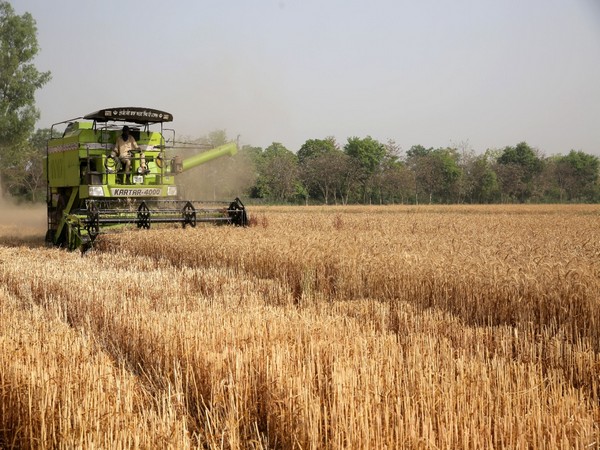
Muscat: The Sultanate of Oman got a place in a list of five Arab countries in the Global Food Security Index for the second quarter of 2022.
The Sultanate ranked 41st globally and the fourth place among Arab countries with a score of 6.77 points.
This pride of place comes following unremitting efforts undertaken by the Sultanate, including 128 initiatives and projects. Thirty-seven of these projects were in the plant sector, 29 in the animal sector, 28 in the fish sector, 8 in the water resources sector and 26 enabling initiatives, with an investment value of OMR1.3 billion ($3.4 billion). These initiatives and projects will be implemented over the next five years, and it is hoped that all of them will contribute to achieving self-sufficiency and food security in the Sultanate.
In the Arab world, the UAE topped the ranking, issued by the Deep Knowledge Analytics Foundation. UAE ranked 26th in the world, followed by Qatar, second in the Arab world and 29th globally, Bahrain third place in the Arab world and 30th globally and Oman, fourth in the Arab world and 41st globally. Algeria ranked 43rd and Saudi Arabia 44th in the world.
Somalia was at the bottom of the rankings to become the most vulnerable in the world, followed by Sudan, Yemen, Mauritania, Syria, Djibouti and Libya. Iraq came at the 8th place of the most vulnerable Arab countries, followed by Comoros, Egypt, Gaza, the West Bank and Lebanon in 12th place.
Globally, the United States of America topped the index, followed by Norway, Ireland, the Netherlands and Canada, while Syria, Yemen, Mali and Ethiopia came at the bottom of the rankings.
Deep Knowledge Analytics has warned of increased levels of hunger and food insecurity in sub-Saharan Africa, the Middle East and North Africa, Latin America and South Asia by the end of this year, adding that food-secure developed countries will not face hunger, but will feel shortfalls in some food products with rising inflation.
The release of the Food Security Index comes at a time when the Russian-Ukrainian war had huge impact on food security in the world during the second quarter of 2022, which forced many countries to seek the assistance of international financial institutions to secure their basic food needs in light of the significant rise in prices.
Beyond the conflict, the index added, farmers around the world are struggling to pay higher fertilizer prices which, in turn, could lead to lower harvests.
The United Nations believes that the crisis of increasing food prices in the world will turn into a problem of availability of food in the next year in light of the continuation of the war, which worries many.
The index stated that global food prices started to rise in the middle of 2020, when businesses shut shop due to the COVID-19 pandemic, straining supply chains. The conflict, along with other shocks to the food system, has caused even stronger grocery store inflation, putting pressure on household incomes around the world.
The index reported that the food security index includes three dimensions: access to food, level of crisis, flexibility of the diet and the economy, which is a composite indicator that identifies countries at risk.
The World Food Programme expects the number of people facing acute food insecurity crises to increase by 47 million during 2022, while 2021 estimates indicated that 193 million people were facing a food security crisis.